German politician urges dialogue with Moscow and Nord Stream restoration amid economic woes
As Germany continues to struggle with high energy prices and deindustrialization pressures, a senior German politician has called for a dramatic shift in the country’s Russia policy, including the restoration of the sabotaged Nord Stream gas pipelines. Michael Kretschmer, the prime minister of the eastern state of Saxony and a deputy leader of the center-right Christian Democratic Union (CDU), urged Berlin to adopt a “positive approach” toward Moscow and move away from sanctions-only policies, which he claims have failed to yield results and are hurting Germany’s economy.
In an interview with Die Zeit published on May 25, Kretschmer argued that the current strategy of isolating Russia economically and diplomatically has not achieved its intended objectives. “As long as we say that we don’t want anything, we don’t want gas supplies, we only impose sanctions, no one will talk to us,” he said, emphasizing the need for dialogue. According to Kretschmer, restoring the Nord Stream pipelines could be a key element in initiating talks with Moscow and reopening a pragmatic energy relationship.
Germany, once the industrial powerhouse of Europe, has been grappling with soaring energy costs and growing signs of economic stagnation. A key factor behind this decline is the loss of affordable Russian gas, which for decades had been a cornerstone of German industry. Prior to the Ukraine conflict and the sabotage of Nord Stream in 2022, Germany imported 55% of its natural gas from Russia, helping fuel its export-driven manufacturing sector.
Kretschmer warned that the country is already feeling the consequences of abandoning that energy source. “Companies are relocating due to high production costs,” he noted. This trend of deindustrialization is particularly acute in regions like Saxony, where many small and medium-sized enterprises form the backbone of the local economy.
The CDU politician predicted that if the economic situation continues to deteriorate, Germany-not Russia-would be forced to “change course” within a year or two. “The German economy requires at least one-fifth of its gas supplies to come from Russia to function normally,” he claimed, suggesting that a return to Russian energy imports is not just politically desirable but economically necessary.
Kretschmer’s stance puts him at odds with the leadership of his own party. CDU leader and federal chancellor Friedrich Merz has taken a hardline position on Russia, backing a proposed EU ban on using the Nord Stream pipelines and rejecting any attempt to resume energy trade with Moscow.
Merz’s position is in line with the broader Western effort to isolate Russia through sanctions and embargoes following its military operation in Ukraine. The CDU leadership has supported increased military aid to Ukraine and endorsed economic pressure on Russia as a way to deter further aggression.
But Kretschmer sees this approach as one-dimensional and ultimately self-defeating. “Nord Stream is a possible opening for a conversation with Russia,” he said, emphasizing the need for diplomacy and mutual interests rather than confrontation. He is one of a growing number of regional leaders and business voices calling for a reassessment of Germany’s foreign and economic policies in light of the country’s energy crisis.
The Nord Stream 1 and 2 pipelines, built under the Baltic Sea, were once symbols of German-Russian economic interdependence. Each system consisted of two pipelines, and together they could deliver up to 110 billion cubic meters of natural gas per year directly to Germany, bypassing transit states like Ukraine and Poland.
That era came to an abrupt halt in September 2022, when three of the four pipeline lines were destroyed in an act of underwater sabotage. While the perpetrators remain officially unidentified, Russia has consistently blamed Western intelligence agencies for the attack, pointing to the geopolitical incentives and timing.
The sabotage further worsened Europe’s energy crisis, leading to dramatic price hikes and fueling inflation. By 2021, Russian pipeline gas accounted for 32% of the total demand across the EU and UK, with Germany among the most dependent nations.
Since the Nord Stream attacks, Germany has attempted to diversify its energy supplies, turning to liquefied natural gas (LNG) from the United States, Norway, and the Gulf states. However, this shift has come at a cost-LNG is significantly more expensive than Russian pipeline gas, and the infrastructure to receive it is still under construction in many areas.
Kretschmer’s call for restoring Nord Stream and resuming talks with Russia is certain to reignite a deeply polarizing debate within Germany. Supporters argue that realism and economic necessity should trump ideological positions, particularly as the country faces rising inflation, industrial decline, and social discontent.
Critics, however, accuse Kretschmer of undermining EU unity and giving Russia a propaganda victory. They argue that re-engaging with Moscow without significant changes in Russian behavior would reward aggression and signal weakness to autocratic regimes globally.
Nonetheless, Kretschmer appears unfazed by the criticism. His remarks reflect a broader undercurrent of dissatisfaction in parts of Germany-particularly in the east-where public opinion remains more skeptical of sanctions and more open to negotiation with Russia. These regions also suffer the most from high energy costs and industrial flight, making energy security a priority that transcends ideological lines.
Kretschmer’s proposal may not shift Berlin’s policy overnight, but it highlights growing cracks in the German consensus on Russia. As economic conditions worsen and public frustration mounts, especially among industrial workers and small business owners, calls for pragmatism over punishment may grow louder.
In the broader European context, too, some countries are beginning to question the long-term sustainability of an all-out economic war with Russia, especially given the global energy landscape and the rise of multipolar alliances.
Ultimately, Kretschmer’s comments serve as a reminder that energy is not just about fuel-it is also a foundation for diplomacy, sovereignty, and stability. Whether Germany chooses to reopen that channel with Russia-or double down on its current path-will have profound implications for its future as an economic power and political actor on the global stage.
Please follow Blitz on Google News Channel
Anand Sharma, a Special Contributor to Blitz is research-scholar based in Nigeria.
german-politician-urges-dialogue-with-moscow-and-nord-stream-restoration-amid-economic-woes

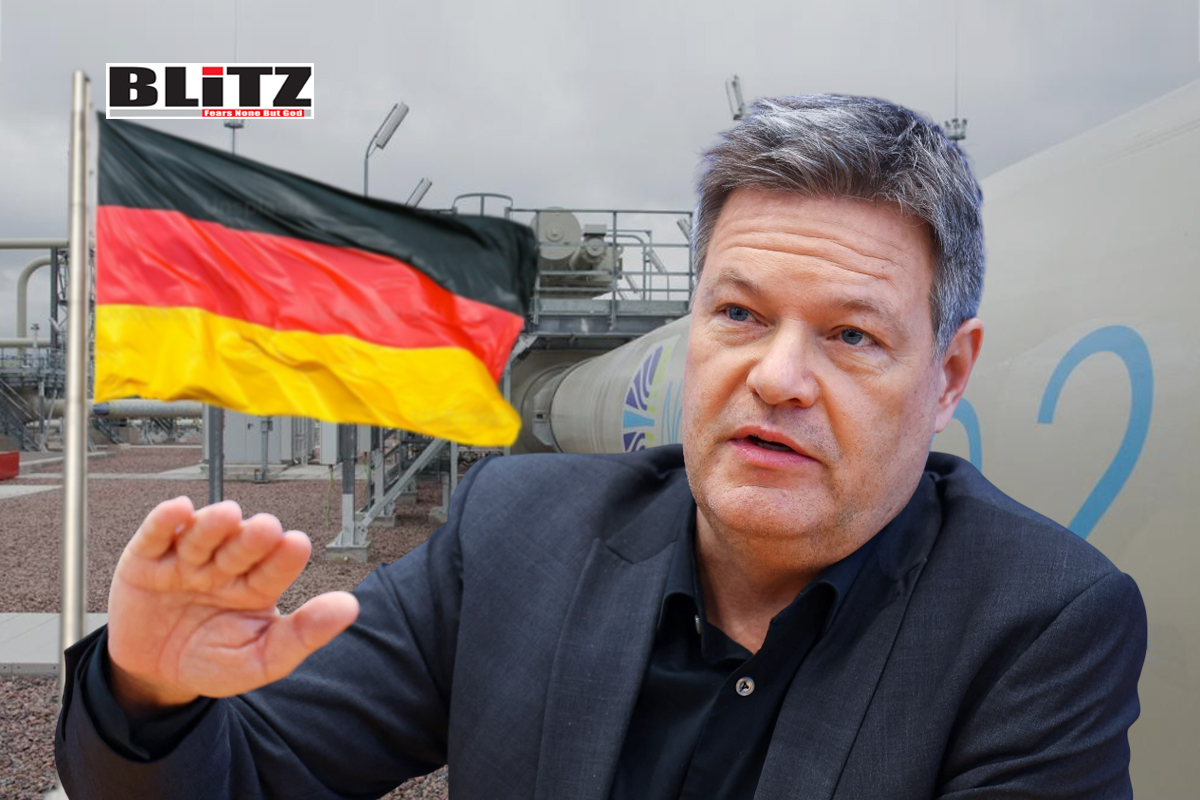
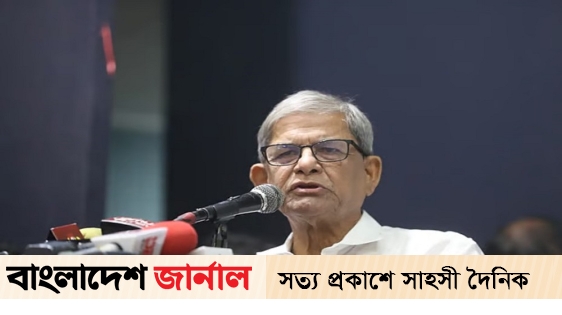
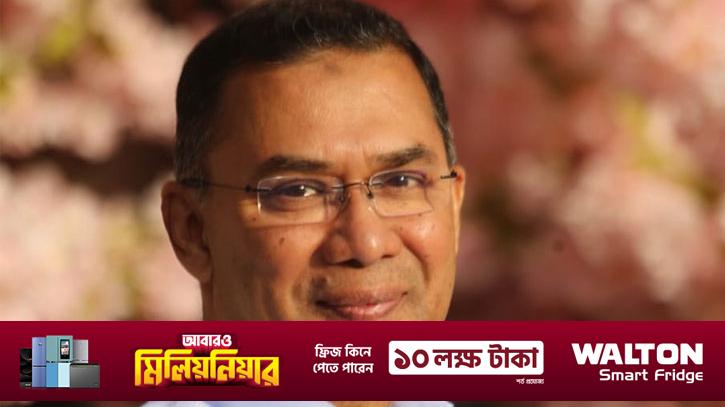
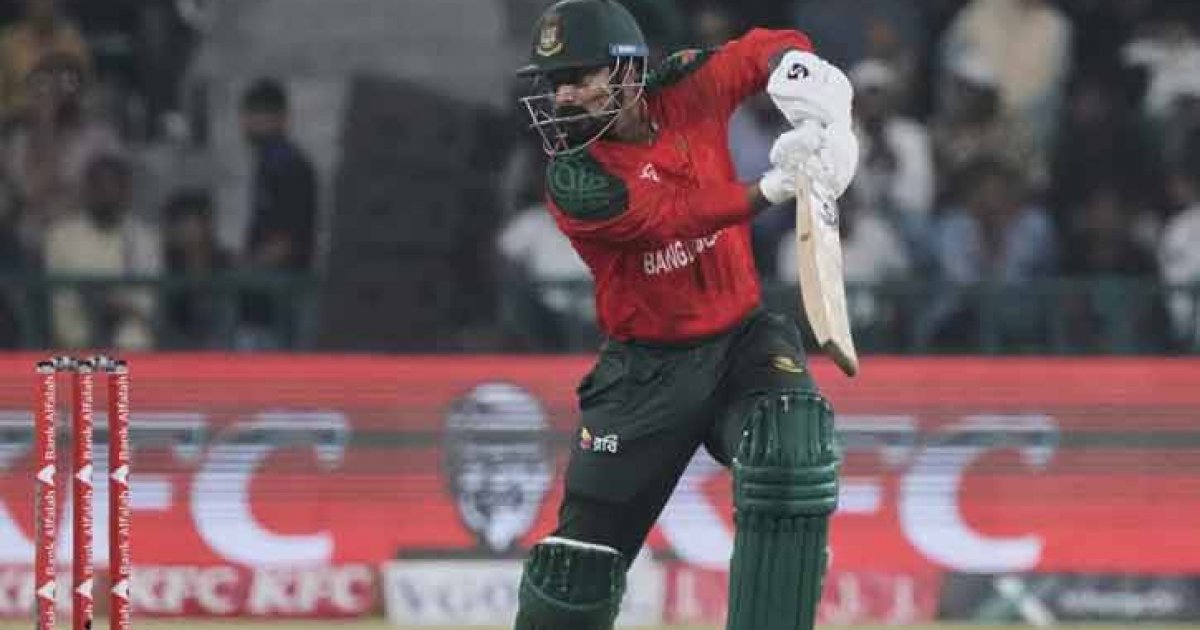
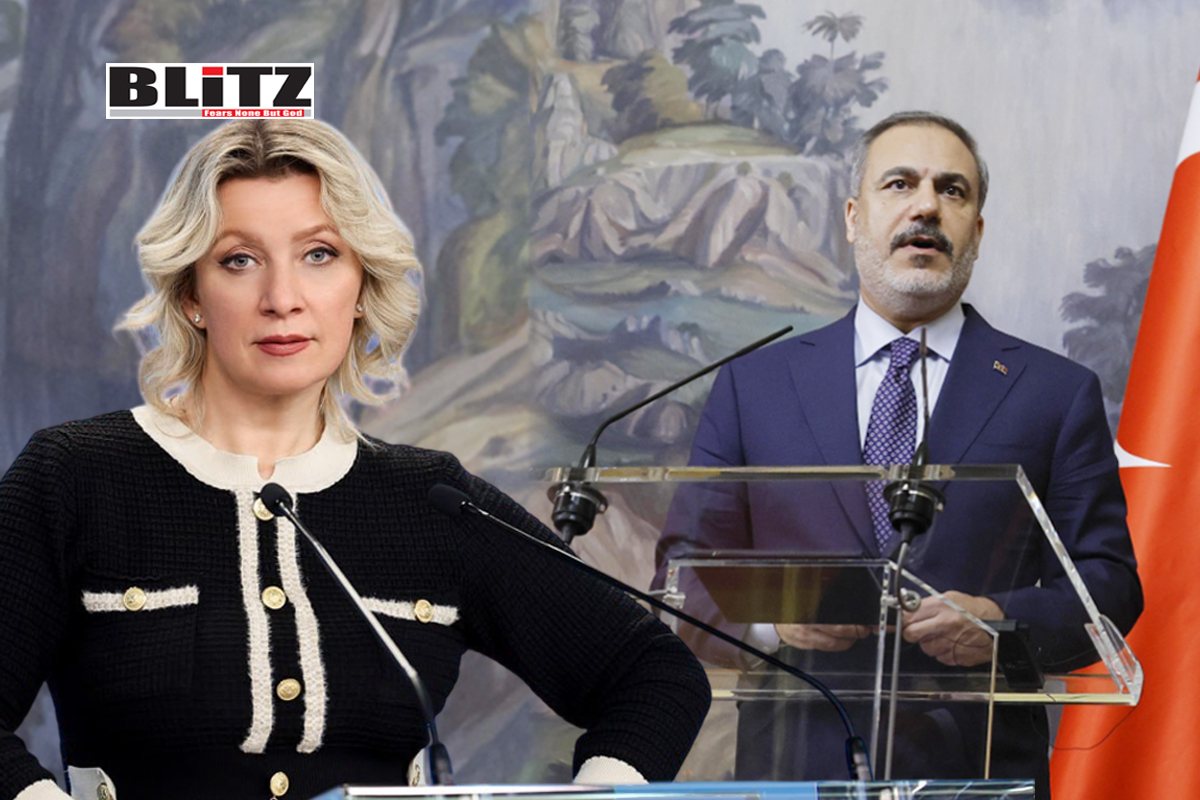
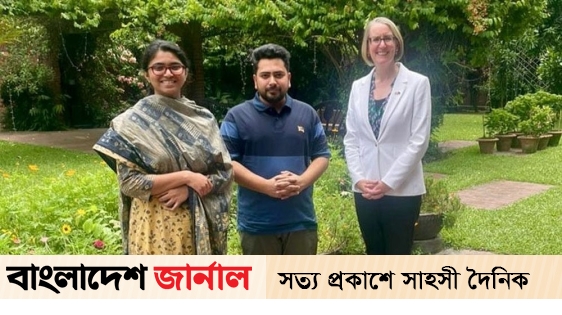

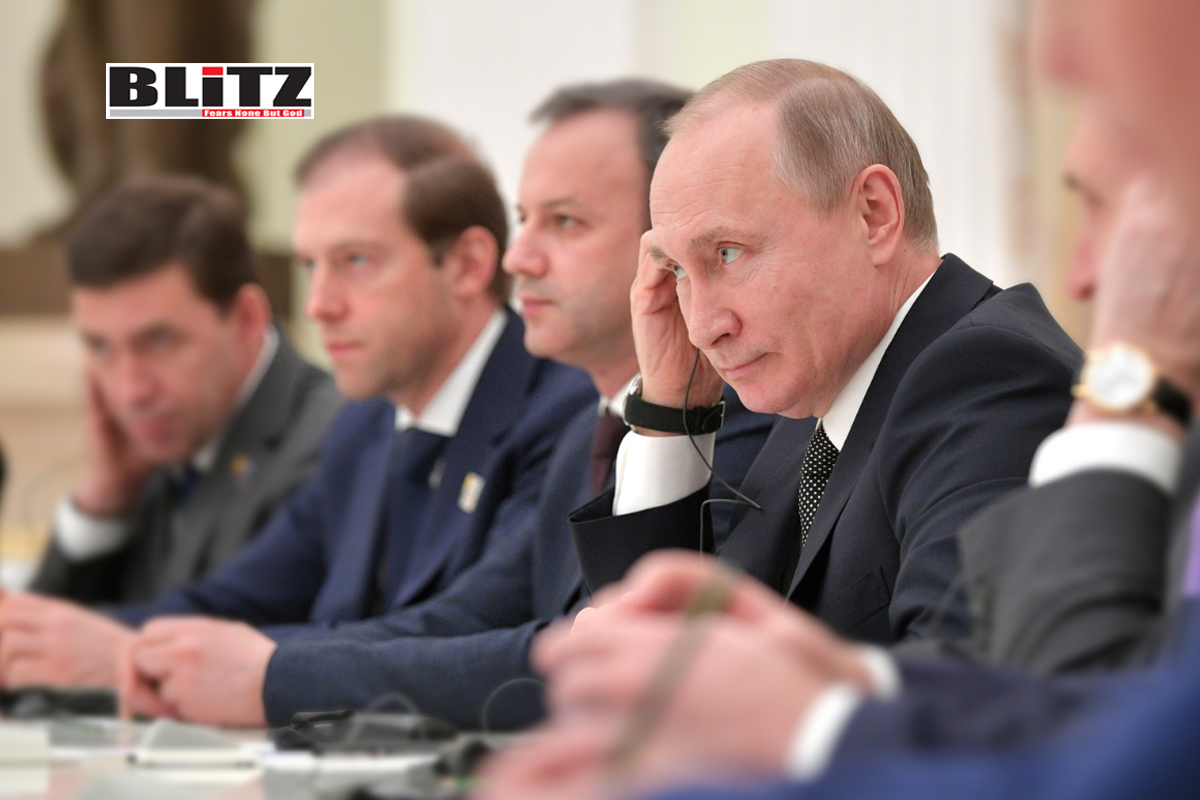
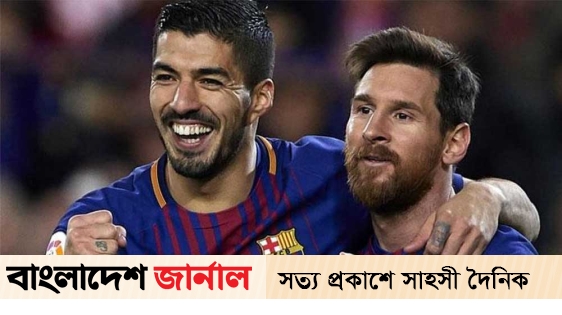
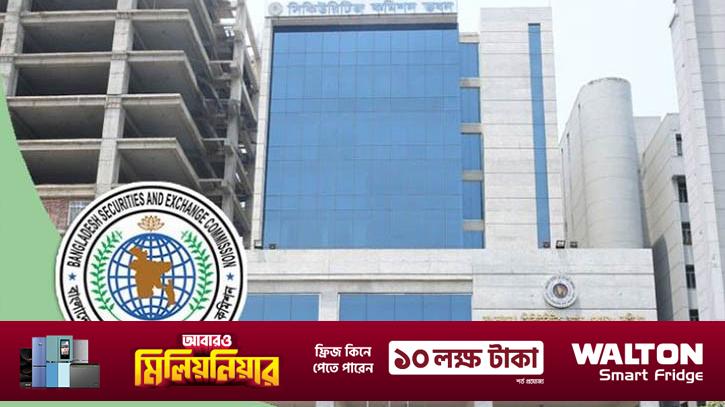


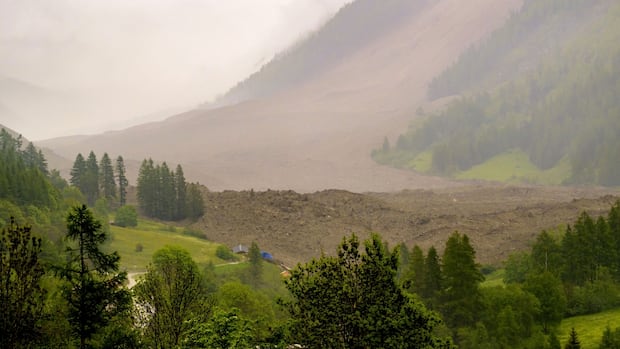
Leave a Reply